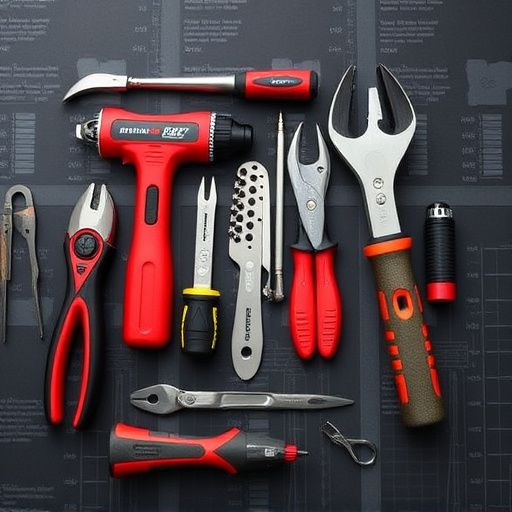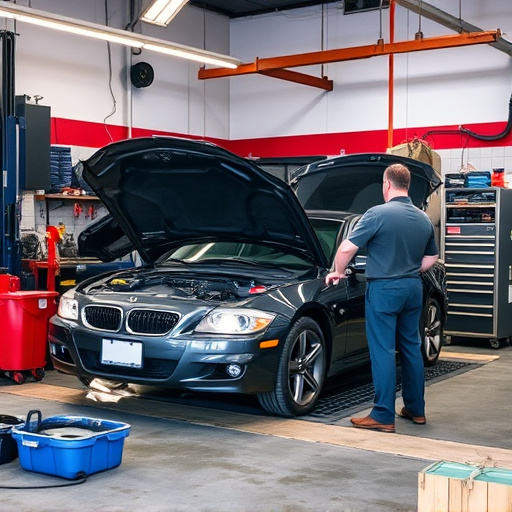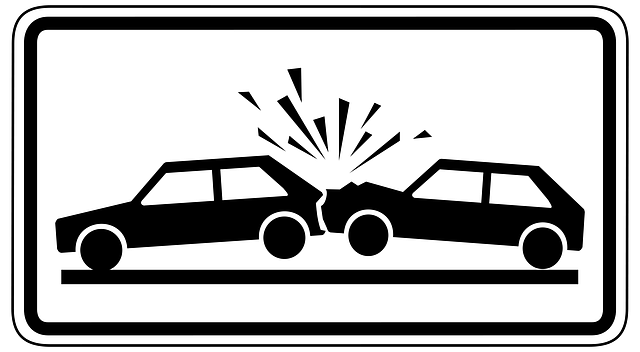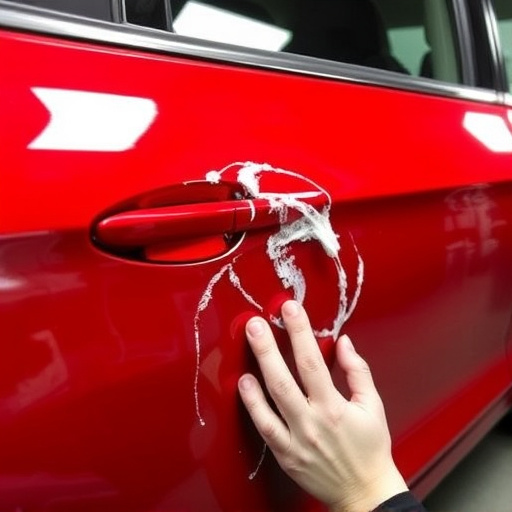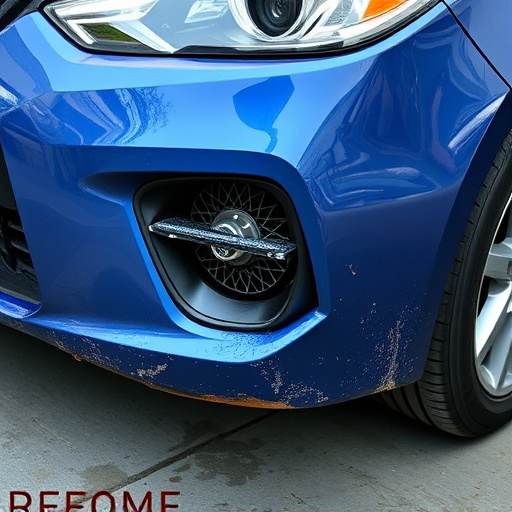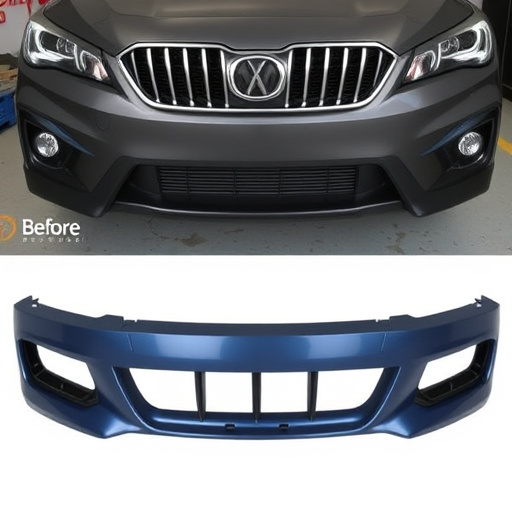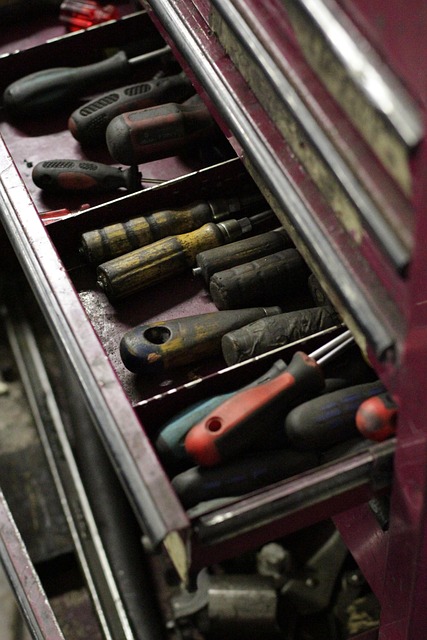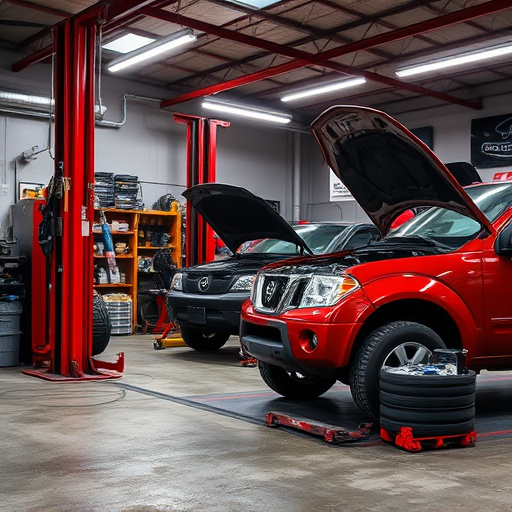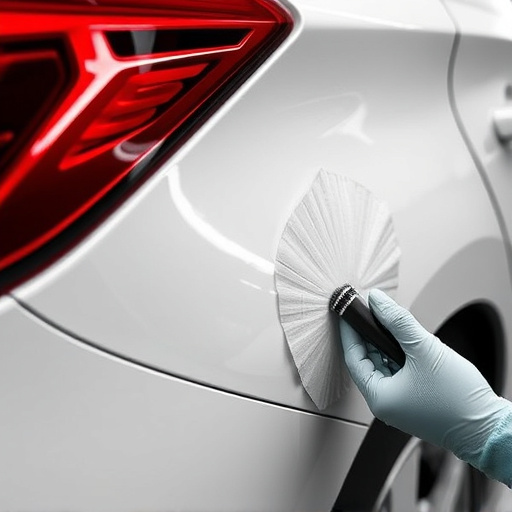Repair Specification Compliance is vital for automotive after-sales care, ensuring repairs meet manufacturer guidelines for engines, transmissions, and body panels, maintaining vehicle performance, safety, and reliability. Authorized service centers and trusted auto body shops prioritize this through accurate data, manuals, and training, providing exceptional customer experiences while preserving vehicle design integrity. Dealerships that adhere to repair specification compliance gain a competitive edge, offering precise, high-quality repairs for minor or complex incidents, streamlining processes, reducing costs, and increasing customer satisfaction.
In today’s competitive automotive landscape, maintaining repair specification compliance is no longer an option but a necessity. Dealerships across the globe trust shops that adhere to strict repair specifications for good reason. This article explores the fundamental concepts of repair specification compliance, delves into its numerous advantages for dealerships, and highlights how it fosters quality assurance and instills customer trust. By understanding these key aspects, automotive professionals can appreciate the transformative power of spec compliance in their operations.
- Understanding Repair Specification Compliance Basics
- Benefits of Spec Compliance for Dealerships
- Ensuring Quality and Customer Trust Through Standards
Understanding Repair Specification Compliance Basics

Repair Specification Compliance is a critical aspect of automotive after-sales care, ensuring that vehicle repairs align with manufacturer guidelines and standards. It involves adhering to the precise specifications set by car manufacturers for various components, including engine, transmission, and body panels. This compliance is crucial for maintaining the vehicle’s original performance, safety, and reliability. When dealerships trust shops with strong repair specification compliance, it guarantees that the auto body repair or car repair services provided are of the highest quality and consistent with the brand’s expectations.
Dealing with complex auto collision center scenarios requires an in-depth understanding of these specifications. Shops must have access to accurate manufacturer data, technical manuals, and training resources to interpret and implement these guidelines correctly. By adhering to repair specification compliance, authorized service centers and trusted auto body repair shops demonstrate their commitment to delivering exceptional customer experiences while preserving the integrity of the vehicle’s design and performance characteristics.
Benefits of Spec Compliance for Dealerships
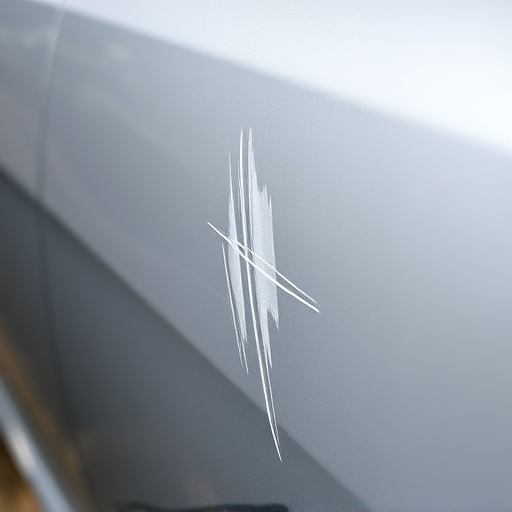
Dealerships that prioritize repair specification compliance reap significant advantages. By ensuring all repairs adhere to manufacturer guidelines, dealerships maintain the vehicle’s original integrity and value. This is particularly crucial in today’s competitive market where customers are increasingly conscious of preserving their car’s resale value. Well-executed repair specification compliance fosters trust between dealerships and customers, as it guarantees that every fix is done meticulously and precisely, without unnecessary alterations or shortcuts.
Moreover, adhering to specifications streamlines the collision repair process for dealership shops. It reduces miscommunication and errors associated with vague guidelines, allowing technicians to work efficiently. This translates into faster turnaround times, reduced costs, and happier customers. In the event of a fender bender or more complex car body restoration, a compliant shop ensures that the final product closely mirrors the vehicle’s original condition, minimizing the psychological impact on owners who value their vehicles as extensions of their identities.
Ensuring Quality and Customer Trust Through Standards
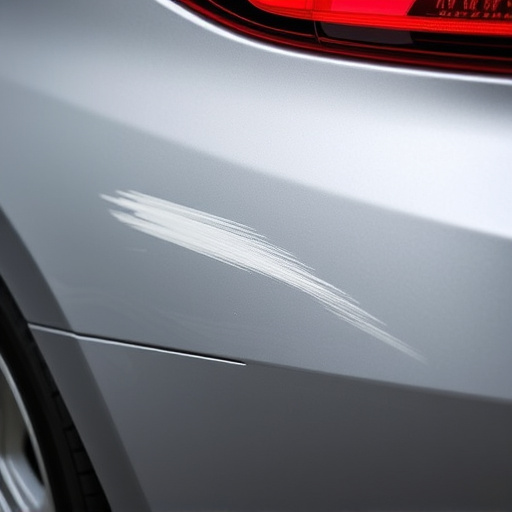
Dealing with repairs that require precision and expertise can be a significant concern for dealerships. This is where shops with repair specification compliance come into play, offering a level of assurance that their work meets the exacting standards set by vehicle manufacturers. By adhering to these specifications, auto body shops demonstrate their commitment to quality and customer satisfaction.
When an auto body shop follows repair guidelines, it ensures that every aspect of the vehicle repair process is carried out with the utmost care. From diagnosing the issue to replacing parts and performing car scratch repairs, each step aligns perfectly with the manufacturer’s recommendations. This not only guarantees the structural integrity of the vehicle but also preserves its original aesthetic appeal. As a result, dealerships can trust these shops to deliver high-quality work, fostering a strong bond built on mutual trust and reliable vehicle repair services, including effective solutions for minor issues like car scratches.
Dealerships that prioritize repair specification compliance gain a significant advantage in the competitive automotive industry. By adhering to established standards, they ensure high-quality repairs, fostering customer trust and boosting their reputation. This strategic approach not only strengthens relationships with clients but also facilitates smoother operations and increased profitability for the dealership. Understanding and implementing repair specification compliance is key to thriving in today’s market.
